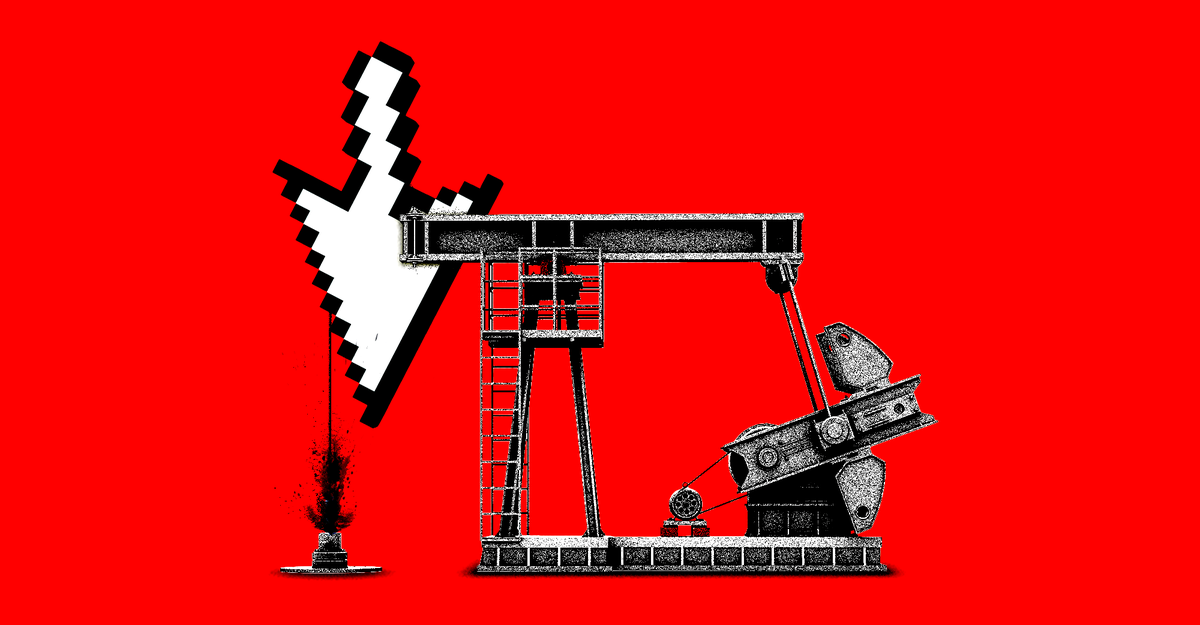I see you’ve described capitalism.
☆ Yσɠƚԋσʂ ☆
- 950 Posts
- 1.88K Comments
Indeed, Lein’s work is highly relevant today. For example, The State and Revolution directly addresses the debates over reformism and the nature of the state that we see constantly happening right now. It’s depressing to see all the same arguments replayed as if we don’t have historical evidence to lean on to decide which ones were correct.
this is a really good thread on the subject https://xcancel.com/existentialcoms/status/1248728086834601984

 2·1 day ago
2·1 day agoMagnetic tape turns out to be one of the best options.
What sort of a sick person would praise this https://asiatimes.com/2019/12/75-of-young-want-to-escape-south-korean-hell/
that probably sounded really intelligent in your head too
It’s baffling how often we overlook the importance of negative freedoms, such as freedom from poverty and the fear of illness or a lack of financial security in old age. These are tangible, real-world freedoms that directly impact our quality of life. Meanwhile, we’re constantly told that the ability to express ourselves is the ultimate form of liberty. It’s time to reevaluate our priorities and recognize the true value of actual tangible freedoms.

 102·2 days ago
102·2 days agoThe state of the rail system is a good proxy because it’s a huge infrastructure project that doesn’t generate any immediate profit. These types of projects are done primarily to provide social value, thus it’s an indication of a society that is willing to invest into improving the quality of life for the majority.

 1911·3 days ago
1911·3 days agoPeople aren’t moving to a country that’s difficult to move to. Amazing argument you’ve mustered there.

 61·3 days ago
61·3 days agoseems like that’s a scenario that’s most likely to happen in burgerland actually
no the definition of a liberal here is a liberal
For sure, people internalize the dominant narrative and then everybody just repeats it to each other without really thinking about it. At the end of the day, most people want to fit in and they subconsciously adjust their views to match those of others around them.
Thanks, and you are very much on point here. The worst part is that propaganda is so pervasive that most people don’t even recognize it. There’s an anchoring effect at play here as well where people naturally assume that the society they grew up in is the natural default. Any deviation from that is seen as being extreme as a result.
when you definitely understand what fascism is
lame comment
Why do people just keep repeating this idiocy.






and by accidentally described communism you mean that you accidentally shown that you have no clue what communism is